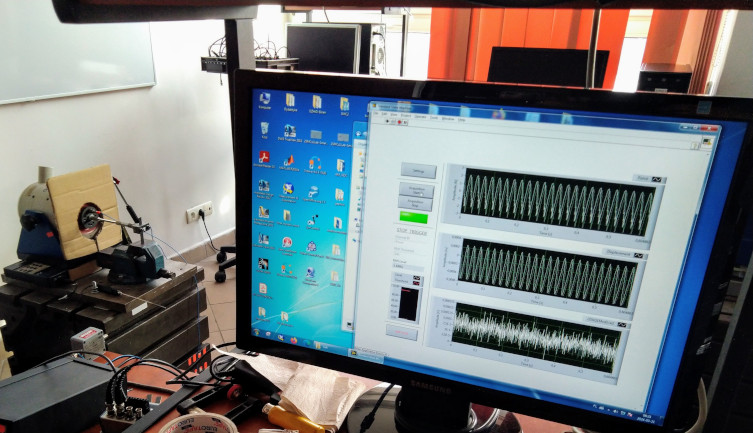 Back to projects
Back to projects

Fatigue life assessment of 3D-printed composites based on self-heating temperature
- Dates: 2024
- Place: Silesian University of Technology
- PI: Paulo Reis
- Cooperating staff: Andrzej Katunin, Tomasz Rogala, Dominik Wachla, Jafar Amraei, Marcin Bilewicz, Izabela Rarszczewska-Rybarek, Łukasz Krzemiński, Joao M. Parente
- Funding source: Polish National Agency for Academic Exchange
It is consensual that the conventional high-performance polymer matrix composites offer high specific strength and stiffness: Simultaneously, they combine good fatigue performance and corrosion resistance. However, more than design considerations, conventional fabrication technologies are a real obstacle to innovation. On the other hand, thermoplastic matrices are receiving enormous attention in the aircraft raw materials market due to the "process/cost efficiency" paradigm. Therefore, additive manufacturing (AM) is a recent technique capable of overcoming these limitations to achieve the previously reported benefits of thermoplastic matrices. Nowadays, thermoplastic composites reinforced with continuous fibers are a good alternative proposed by the literature for structural applications, but although most studies report benefits in terms of static properties, very few address the benefits at level of fatigue response. This research work intends to improve the state of the art on the fatigue response of 3D printed composites and, for this purpose, an analysis based on the critical self-heating temperature will be used as an indicator of the fatigue threshold.
Representative publications:
